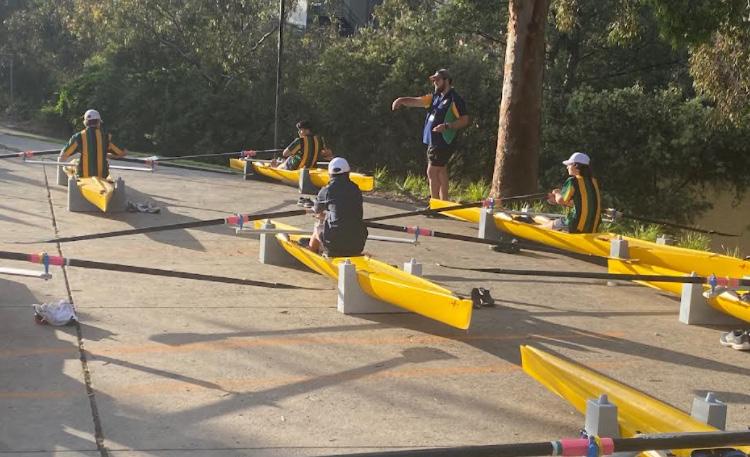
4 minute read
Faith and Mission
Jesus went away to a quiet place often – sometimes he took all his apostles with him, at other times just a few. Sometimes he went off on his own.
Luke recounts the time that Jesus sent his apostles out two-by-two to preach, to heal people, to bring the Good News to various towns across Palestine. It was a hard time for Jesus. He had suffered a couple of very difficult blows. While his apostles were away, some of John’s disciples came to tell Jesus the sad news of the execution of his cousin John, the Baptiser. They also told him that Herod was now asking about him. Because of these things Jesus knew that he could not stay longer in that part of his beloved Galilee. Instead, he went again to Capernaum. It was at this time that Jesus met the apostles who had come back from their travels.
Advertisement
They all came back on the designated day and they were all full of stories for him. They were excited to say the least.
And the apostles, when they returned, told him all that they had done. And he took them, and went aside privately into a deserted place belonging to the city called Bethsaida (Lk 9:10).
All of them were tired and needed rest. But at Capernaum so many people were coming and going all the time that they could hardly find time to even eat, much less rest. In many ways, Jesus’ life is much like our own – sadness intrudes, so does the busyness, the demands, etc. So he said to the Twelve, ‘Come apart by ourselves into some quiet place and rest awhile.’
They sailed away in great spirits across the Sea of Galilee, thinking that, as no-one knew where they were going, they could find a place where they could be alone. They had so much to talk about, and so many questions to ask! Why did Jesus take them to the quiet place – to get a report? Not really. To give advice? No. To teach them something? Not really. All of us need to get away. Life is busy but we don’t live it to the full if we don’t give ourselves time to stop, to think, to rest, to relax. The words of Socrates contain great wisdom: ‘The unreflected life is not worth living’.
Unreflected? It means more than just thinking. Some weeks ago a couple who had been married for 70 years were interviewed on TV. ‘The best times in our marriage, the times when we are closest, the times when we are most as one, are the times of silence’, the husband said. Sometimes thinking is not necessary, reflecting can be just ‘being’. Just enjoying. Just experiencing the gifts God has given each of us in abundance or just being together, giving thanks for each other, appreciating the gifts of each other.
Our busy lives don’t allow that to happen much – just stopping and listening. Listening deeply to the messages God sends us in nature, in the events of each day, in the people we meet, in what we read and hear and see.
It is important to listen to what is happening in our own bodies as well. The tooth ache. The pains, the twinges. The things that tire us. The things that revive us. What do our moods tell us about our lives at this time? Being a spiritual person recognises that we are made up of both body and soul. When our body, mind, and spirit are in balance, we usually experience good health.
When we are not feeling our best, we can go beyond addressing the physical symptoms to listen to our bodies as they tell us the changes needed to restore balance. Our bodies give us signals, but if we don’t listen when they tell us that they are tired or stressed, then the imbalance increases and a stronger message is required, one that is generally expressed by illness or disease. When we take the time to listen to our bodies we can learn how to restore our balance and improve our lives.
Pope Francis adds a further dimension – find time to connect with God, the source of life; not just find some time for God but time to enter into relationship. It doesn’t just happen – that’s one of the key reasons why Jesus went aside so regularly, just to be with God.
And life in its totality is a relationship with God who is the source of life. If we are in relationship with God who does not die, who is Life itself and Love itself, then we are in life. Then we ‘live’ (Spe Salvi, #27).
Michael Leunig’s poem has great wisdom – a life in all its totality means slowing down, creating time and space to hear the messages of the mind, the body and the heart. It also means creating time just to be and to let God do the talking.
God help us to live slowly: To move simply: To look softly: To allow emptiness: To let the heart create for us, Amen
Mr John Abrahams Director of Faith and Mission









